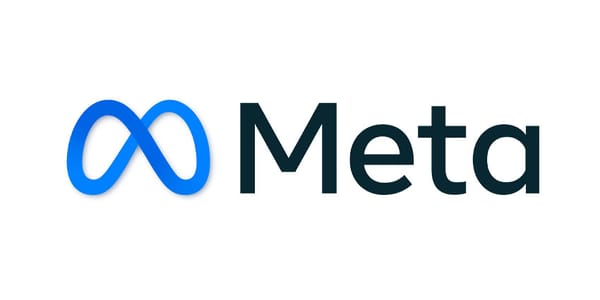AI: Ticking Time Bomb? Can Artificial Intelligence Stocks Avoid a Dot-Com Style Crash?

Today, AI is making waves across multiple sectors. In cloud computing, AI enhances data management and security, streamlining operations. Office software is utilizing AI to automate workflows and boost productivity. The automotive industry benefits from AI through advancements in autonomous driving and performance in electric vehicles. E-commerce platforms are using AI to personalize shopping experiences and improve customer service. Additionally, search engines are refining algorithms for better search results. For instance, companies like Nvidia and AMD are at the forefront of AI advancements, experiencing significant growth due to the demand for AI chips. Nvidia’s share price surged by 120% this year, thanks to its pivotal role in AI technology.
Rapid stock price increases often signal excessive speculation, a phenomenon reminiscent of the dot-com bubble. During the dot-com era, tech stocks were driven to unsustainable heights. Today, we see similar patterns emerging, such as the recent tech stock surge where the S&P 500 hit record highs, driven by major players like Nvidia. Despite this, earnings reports from tech giants like Amazon and Tesla have not met investor expectations, leading to sell-offs. For instance, Nvidia’s incredible 120% increase in share price highlights the speculative frenzy. Yet, disappointing earnings from companies like Amazon and Tesla underscore the risk of overvalued stocks.
Investors should closely monitor how AI investments translate into financial performance. While AI holds promise, companies must convert technological advancements into tangible profits. It’s essential to focus on earnings reports and assess whether companies are achieving their financial targets. Additionally, consider the long-term viability of companies and whether they are investing in AI responsibly with a clear path to profitability. For example, Intel faced a significant drop in share price due to a grim growth forecast and a hefty loss, highlighting the risks associated with high capital expenditures without immediate returns.
The market often experiences corrections after a period of rapid growth. Investors should be prepared for potential pullbacks, particularly if AI stocks face challenges translating hype into sustainable performance. To mitigate risks, diversify your investments and avoid putting all your money into AI stocks. Staying informed about market trends and adjusting your strategy based on emerging data can also help. The dot-com bubble burst in 2000, causing a 49% decline in the S&P 500. Today’s AI sector could face a similar correction, making diversification a crucial strategy.
Regulations and economic conditions play a significant role in shaping the stock market. Changes in regulations or economic downturns can impact tech stocks, including those related to AI. It’s important to monitor regulatory changes affecting AI technology and how they might influence stock performance. Additionally, keep an eye on economic indicators such as signs of economic slowdowns or changes in interest rates that could affect the market. The Federal Reserve’s decision to maintain high interest rates has impacted tech stocks, contributing to recent declines. Understanding such factors can help in making informed investment decisions.
Artificial intelligence is indeed a transformative force, driving significant advancements across various sectors. However, the rapid rise in AI stocks carries the risk of creating a bubble similar to the dot-com era. By understanding the current AI landscape, recognizing signs of a potential bubble, evaluating company performance, preparing for market corrections, and assessing regulatory and economic impacts, investors can navigate this high-stakes environment more effectively.
Remember, while AI presents exciting opportunities, it’s essential to approach investments with a practical mindset. Stay informed, diversify your portfolio, and be prepared for market fluctuations. The AI revolution may continue to unfold, but a cautious and informed approach will help you make smarter investment decisions.
Article written by Luna Lush for Aktel Innovate.




